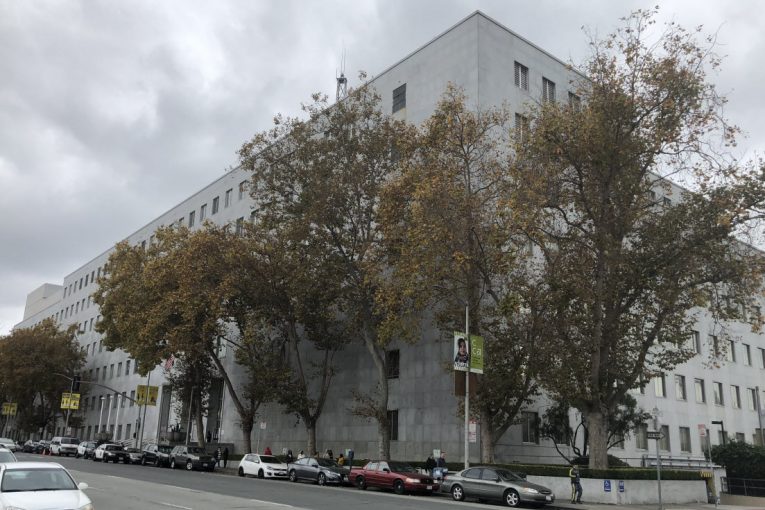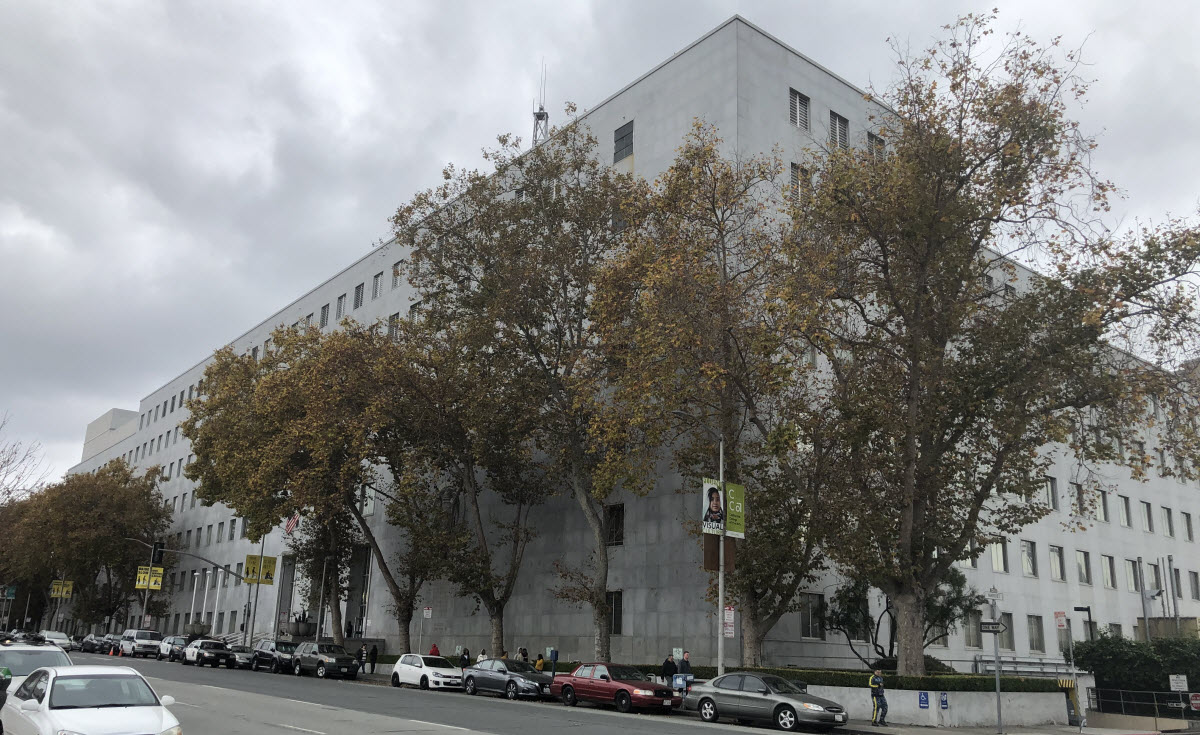

By Crescenzo Vellucci
Vanguard Sacramento Bureau
SAN FRANCISCO – The COVID-19 inspired “stay at home” order in California has had some unintended consequences, and one of them is how long will foster children have to wait to see their parents again.
Now, according to a San Francisco Superior Court order issued late this week, those visitations – while not in person – are mandated, when possible, to be done through video conferencing services.
That San Francisco court order could prove to be the rule now in the rest of the state, suggests a crisis family right group.
The group has argued that “as the COVID-19 pandemic surges across California and a statewide stay-at-home order is in effect, families with child protection agency and juvenile court involvement struggle to find answers as to when they will see their children next, how long their cases will be postponed, and what impact this will have on their ability to regain custody – family and  juvenile courts are closed until further notice and family visits are suspended.”
juvenile courts are closed until further notice and family visits are suspended.”
Michelle Chan, the founder of California Rise, charged that “local courts and child welfare agencies are failing to make provisions to ensure that the fundamental rights of parents and best interests of children are reflected in COVID-19 policy decisions.”
That changed Wednesday.
San Francisco Superior Court Supervising Judge of the Unified Family Court, Judge Monica F. Wiley, issued the temporary emergency order modifying dependency court-ordered visitation and other services in light of the COVID-19 pandemic which had effectively cut off an visits.
“Judge visitation ordered by dependency court judges in San Francisco for all San Francisco dependency court cases will be made available via teleconferencing, applications (FaceTime, Facebook Messenger, or WhatsApp), or by telephone for all cases where both the parent and the caregiver have the necessary equipment…where the parent or caregiver lacks necessary equipment to effectuate the visitation, (San Francisco Human Services Agency/Family and Children’s Services Division) shall make reasonable efforts to ensure telephonic or video contact occurs,” ordered Wiley.
In the order, the court also stated that: “Welfare and Institutions Code Section 361.2 mandates that visitation between children in out-of-home care and their parents be as frequent as possible, consistent with the well-being of the child. All dependency court stakeholders recognize that regular visitation is vital to families, and that visitation is the cornerstone of reunification. In making this order, the court balances the importance of visitation against the current pressing health imperatives while continuing to provide these essential services to children and families.”
“This is a groundbreaking order because it’s the first to truly consider the COVID-19 crisis from the standpoint of system-impacted families and foster children. The federal Adoption and Safe Families Act creates perverse incentives for states to adopt children out and sets statutory time limits on family reunification,” Chan said.
Chan explained that the order cited a decision by Judge Garret Wong, Presiding Judge of the San Francisco Superior Court, that requested and received authorization to extend those timelines from the Chief Justice of the California State Supreme Court.
“If every court in California does not follow suit, a great deal of parents will end up losing their children forever to adoption due to this pandemic,” she said.
Chan described foster youth as “forgotten and invisible children. They don’t belong to anyone. They don’t have things like the rest of us, and there’s no one truly looking out for them during times of crisis. Think about how difficult a time it is for any child, now imagine what it’s like to be quarantined indefinitely as a foster child where you have no idea when you will see your parents or siblings next.”
Chan represents California Rise (formerly Parents Against CPS Corruption), is a San Francisco Bay Area activist organization that advocates for the preservation of families, the restoration of parental rights, and seeks to increase accountability in California’s child welfare system and courts.
Highlights from the order, said Chan, included:
- San Francisco Superior Court Presiding Judge Garret Wong requested from the Chief Justice of the California State Supreme Court and received authorization to extend statutory timelines in juvenile dependency cases.
- Parent-child and sibling visitation will be made via teleconferencing. In cases where social worker believes a child might suffer significant emotional harm from suspension of in-person visits shall be arranged.
- San Francisco Family and Children Services, the City Attorney’s Office, and Dependency Panel Attorneys will analyze pending cases in which parents have unsupervised visitation or overnight visitation to see which cases can be either safely reunited or placed on extended overnight visitation during the shut-down orders.
- All drug-testing, paternity-testing, and in-person counseling sessions required per case plan will be suspended.
San Francisco Family Court Order Modifying Visits
To sign up for our new newsletter – Everyday Injustice – https://tinyurl.com/yyultcf9
